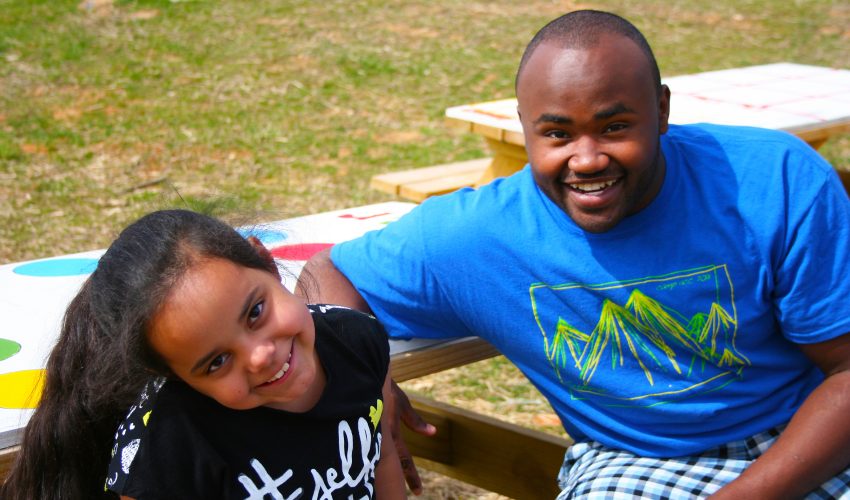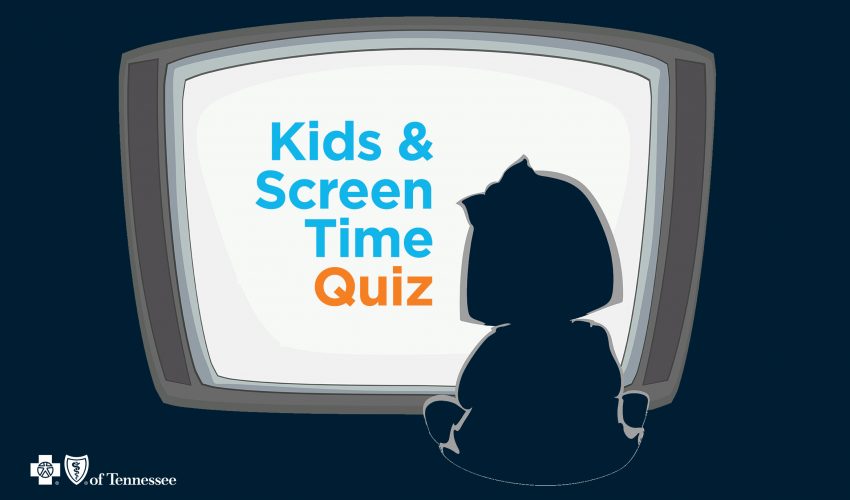As adults, we forget the little things that make kids easy targets.
Not having the right sneakers or supplies; eating a free or reduced-price lunch; being picked up last from school. Isiah Porter experienced all of the above — and then some.
“Growing up, my parents had a lot of drug-related stuff going on, and many times, they weren’t there to pick me up from school,” Porter recalls. “We were poor, and we were going through a lot of bad environment issues. All of my brothers and sisters got put into foster homes, so growing up was really hard. I didn’t go into a foster home simply because Coalition filled that gap for me.”
Every day from kindergarten through fifth grade, Porter rode the bus to Coalition for Kids and back home. From 2:30-7:30 p.m., the after-school program offers kids meals and snacks, homework help and extracurricular activities.
Most importantly, they offer a place for kids to just be.
For some, it’s the only safe space in their lives.
“I remember more than one time I could’ve been sent to a foster home for my mom not picking me up, and the staff would keep me overnight,” he says. “It’s not something that they usually do, but they stepped up to the plate when nobody else would. They took care of me like family.”
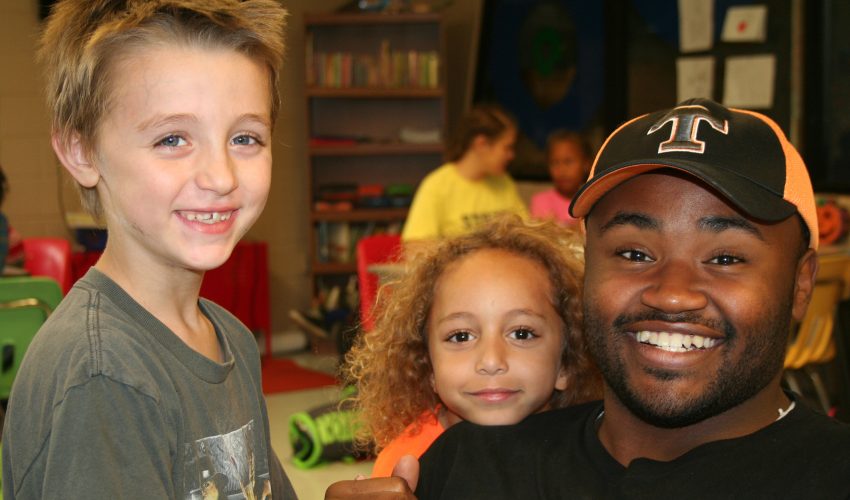
Isiah Porter (right) works at Coalition for Kids to give children a piece of what he had growing up.
Going home again
Today Porter is studying physical education at East Tennessee State University (ETSU). He knows most of the 300-plus children at Coalition today don’t struggle with situations as dire as his was, but he also knows every child faces uncertainty and loneliness. So he works there, hoping to bring the kids a little of the magic he found.
“I remember my first day like it was yesterday,” he says.
“I walked in with 150 other kids, and there were all these tables across the whole room. We sat down, and before we had snacks, we did an Army chant, drill-sergeant style. I still teach the kids that chant today so they can have something I had growing up from Coalition.”
Every child’s day includes reading, homework and tutoring (as needed) from first graders up through ninth.
The gym, art room, game room, library and computer lab are always open, and the Kids In Action program gives kids the opportunity to customize their schedules with classes and activities. The activities offered depend on what items are donated to Coalition and what skills staff or volunteers can teach.
Over the years, they’ve done most anything you can think of:
- Art (sculpture, painting)
- Cub Scouts and Girl Scouts
- Theatre
- Science Technology Engineering Mathematics (STEM) lab
- Construction (building with blocks)
- Piano
- Horseback riding
- Sports (soccer, dance, basketball)
- Field trips to the fair or museums or local parks
- A bonfire
- A costume party
- A talent show
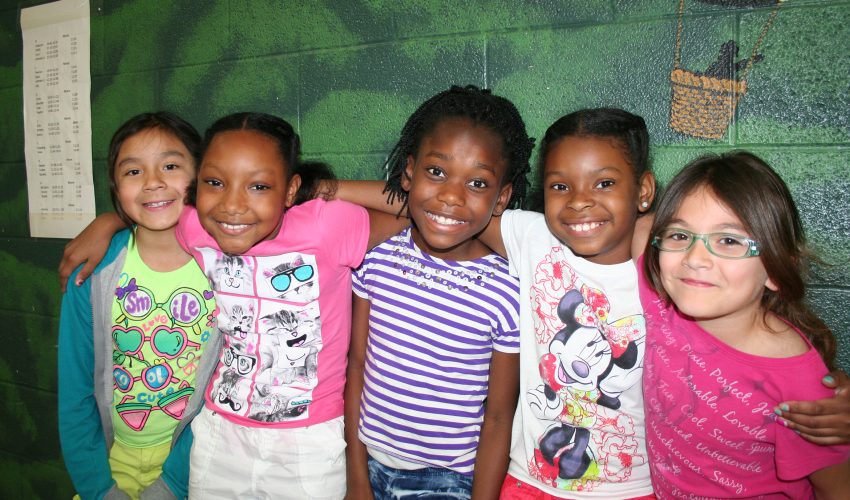
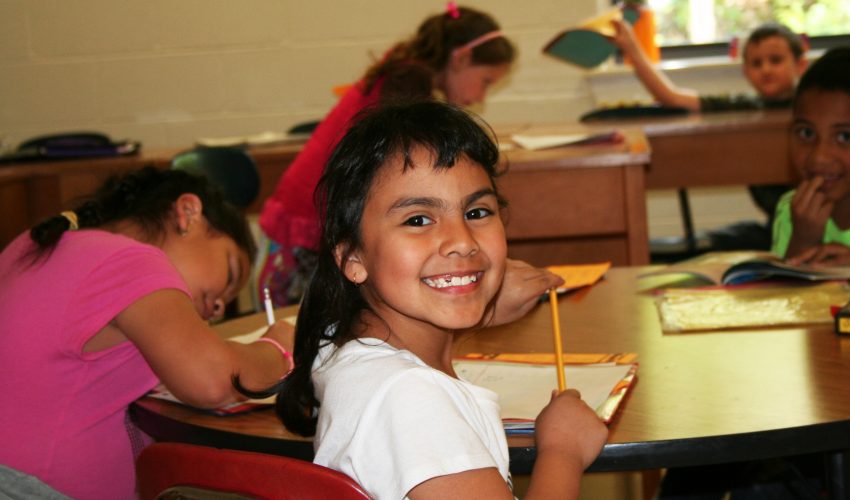
“There’s a cost for a child to be in our program, but we raise funds so every kid gets a scholarship and it doesn’t cost parents anything,” says Bethany Patton, Director of Coalition for Kids, who started volunteering with the agency 14 years ago. “Structurally, we’re more like a school and less like a community center where kids get to come and go.
“Our kids can choose what they want to do — but that choice only comes into play after homework is done.”
“I think that’s a big reason our program works.”
When Porter attended, the talent show was one of the biggest events he participated in, and he even learned to play piano for it.
“I got a trophy for second place, and it was in the newspaper, which was a big deal,” Porter recalls. “Coalition played a big role in me becoming a singer. The staff gave me a chance to develop my voice at a young age, and that motivated me to try out for the talent show. Now I sing for the Chorale and Bucsworth Men’s Choir at ETSU.”
Special and important
Seeing the full circle Porter’s life has taken, even just thus far, is endlessly inspiring to Patton. The goal is always to send these kids out into the world prepared for its challenges, but that doesn’t mean it’s easy to let go.
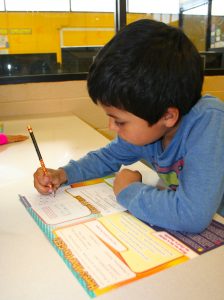
“We feed these kids dinner every night, and often we become like a second parent,” Patton says.
“You can send your kids to a lot of after-school programs, but it’s the relationships we build that are the priority for us — they have to be based on respect, love and trust. With Isiah, we were the ones taking him home, when he was the last one on the bus. To see him now, graduating from a university, is amazing.”
Porter plans to pay that support forward.
“A lot of times kids think they’re not being listened to at home,” says Porter. “but here I want them to know they’re being listened to, and that somebody cares enough to invest in them like Coalition invested in me.
“I want them to know they are special and important — just like I did.”
